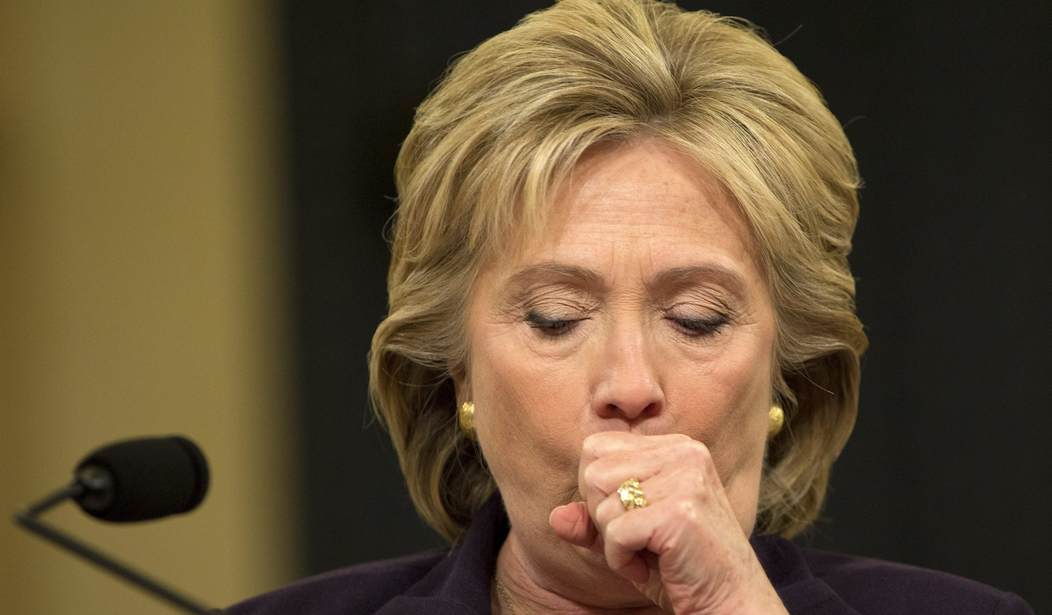U.S. military personnel on Okinawa are banned from drinking alcohol after a booze-related crash aggravated already heightened tensions between troops and the populace there.
Petty Officer Aimee Mejia, 21, reportedly had a blood alcohol level six times the permissible level when she drove the wrong direction down a street and caused a three-car wreck. Two people were injured, including a woman with a sternum fracture.
The incident comes as talks between U.S. and Japanese officials have already been consumed by the murder of 20-year-old Rina Shimabukuro, who was found stabbed and strangled to death. A former U.S. Marine who was working as a contractor on Kadena Air Base, 32-year-old Kenneth Shinzato, reportedly led police to her body.
Defense Secretary Ashton Carter last week told reporters that the slaying is “a despicable, deplorable crime.”
“I immediately, that day, called my counterpart, Defense Minister Nakatani, to express my apologies and deep regret over that, and to indicate to him that we would take every action possible to ensure that there was no repeat, and this kind of thing never happened again,” Carter said.
When President Obama and Prime Minister Shinzo Abe met May 25, Abe said he “firmly lodged a protest against President Obama as the Japanese Prime Minister with regard to the most recent case in Okinawa.”
“The entire time for the small group discussion was spent on this specific case in Okinawa. And I feel profound resentment against this self-centered and absolutely despicable crime,” Abe continued in a joint press conference with Obama.
“This case has shocked not only Okinawa, but also deeply shocked the entire Japan. I conveyed to the president that such feelings of Japanese people should be sincerely taken to heart. I also urged the United States to make sure to take effective and thorough means to prevent a recurrence, and vigorously and strictly address the situation.”
Obama said the U.S. “is appalled by any violent crime that may have occurred or been carried out by any U.S. personnel or U.S. contractors.”
“We consider it inexcusable,” the president added. “And we are committed to doing everything that we can to prevent any crimes from taking place of this sort. And that involves reviewing procedures and making sure that everything that can be done to prevent such occurrences from happening again are put into place.”
Today at the Pentagon, press secretary Peter Cook said of the Saturday drunk-driving crash that the Defense Department “deeply regrets that this accident took place and our thoughts and prayers are with those injured and their families.”
“In response to this latest event, U.S. Naval Forces Japan has issued additional restrictions on naval personnel in Japan, including curtailment of off-base liberty and a prohibition on alcohol consumption on or off base,” Cook said. “These restrictions will help prevent future incidents by ensuring that each service member understands how their actions affect the U.S.-Japan alliance, which is essential to the security and stability in the region.”
“The department remains committed to working with the government of Japan and the people of Japan to prevent such incidents in the future.”
Cook said any decision to lift the alcohol ban in the future “will be a decision by the commander there of the U.S. Forces Japan going forward.”
“Obviously, this is a deeply concerning event that we wish had not taken place and we’re all going to be cooperating with Japanese authorities fully in this investigation and in doing what we can to prevent these kinds of things from ever happening again,” he said.
U.S. personnel on the island had already been under curfew and were in the middle of a 30-day mourning period related to the murder.
According to a statement from the commander of the U.S. 7th Fleet and commander of U.S. Naval Forces Japan, sailors who live off base will only be permitted to travel to and from work or on necessary errands such as the gym, grocery store or picking up kids.
“These measures are not taken lightly,” said Rear Adm. Matthew Carter, CNFJ. “For decades, we have enjoyed a strong relationship with the people of Japan. It is imperative that each sailor understand how our actions affect that relationship, and the U.S.-Japan Alliance as a whole.”









Join the conversation as a VIP Member